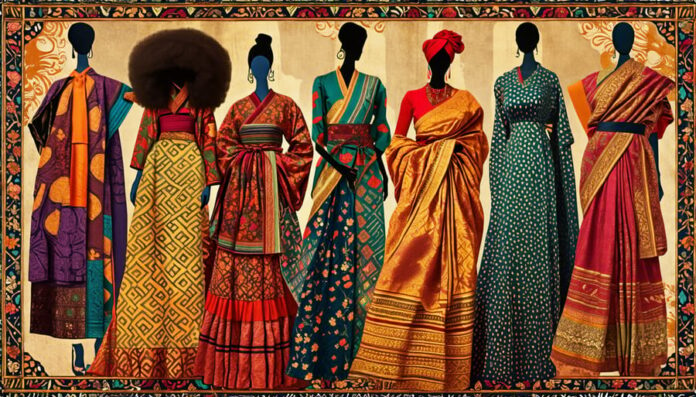In Nigeria today, a significant part of our identity is our rich fashion sense. Dating back to the pre-colonial era, our people have always had a good grasp of fashion from the Aso Oke in the west; Isiagu/George of the East; Babban Riga of the North and the Etibo and Wrapper of the South. The traditional clothing of Nigeria is a vibrant tapestry of heritage and culture, reflecting the diverse ethnic groups and their unique identities. Each region has its own significant clothing synonymous with its people, each telling a story of tradition and pride. The President’s Renewed Hope Agenda is geared towards boosting the economy by way of making our Nigeria’s fashion industry a driving force, generate revenue growth and increase foreign exchange earnings. Below are some of ways, this agenda can positively impact the industry:
Key Areas of Impact
Economic Stability: The agenda’s focus on economic stability, including unification of the FX market and reduction of inflation, will create a favorable business environment for fashion entrepreneurs, enabling them to plan and invest for the future with confidence.
Youth Empowerment: Initiatives like the 3Million Technical Talent (3MTT) Programme will equip young Nigerians with skills and resources to start and scale businesses in the fashion industry.
Job Creation: With a goal to generate jobs and stimulate economic growth, the Renewed Hope Agenda can help absorb the growing workforce in the fashion industry, reducing unemployment and increasing economic activity.
Infrastructure Development: Investments in infrastructure will improve transportation and logistics, making it easier for fashion businesses to operate efficiently and access international markets.
Specific Benefits for the Fashion Industry
Increased Access to Funding: The agenda’s emphasis on entrepreneurship development and access to consumer credit will provide fashion designers with opportunities to access funding and grow their businesses.
Improved Infrastructure: The development of infrastructure, such as transportation and logistics, will facilitate the movement of goods and services, benefiting fashion businesses.
Promoting Local Industry: The agenda’s focus on promoting local industry and manufacturing will encourage the use of local textiles and materials, boosting the fashion industry’s contribution to the country’s economy.
Notable Achievements
Growth of the Fashion Industry: The fashion industry has become a significant contributor to Nigeria’s economy, with many designers showcasing their collections at local and international fashion weeks.
International Recognition: Nigerian fashion designers, such as Lisa Folawiyo, have gained international recognition, showcasing Nigeria’s rich cultural heritage and creative talent
With the Renewed Hope Agenda, Nigerian fashion designers can expect:
– Increased access to funding and resources
– Improved infrastructure and logistics
– Promoting local industry and manufacturing
– Growing international recognition and opportunities
As the industry continues to grow and evolve, it will be exciting to see what the future holds for Nigerian fashion designers and the world of fashion as a whole. The evolution of tailoring into fashion designing is a testament to the creativity and resilience of Nigerian artisans, and with the right support, the industry is poised to reach new heights.

